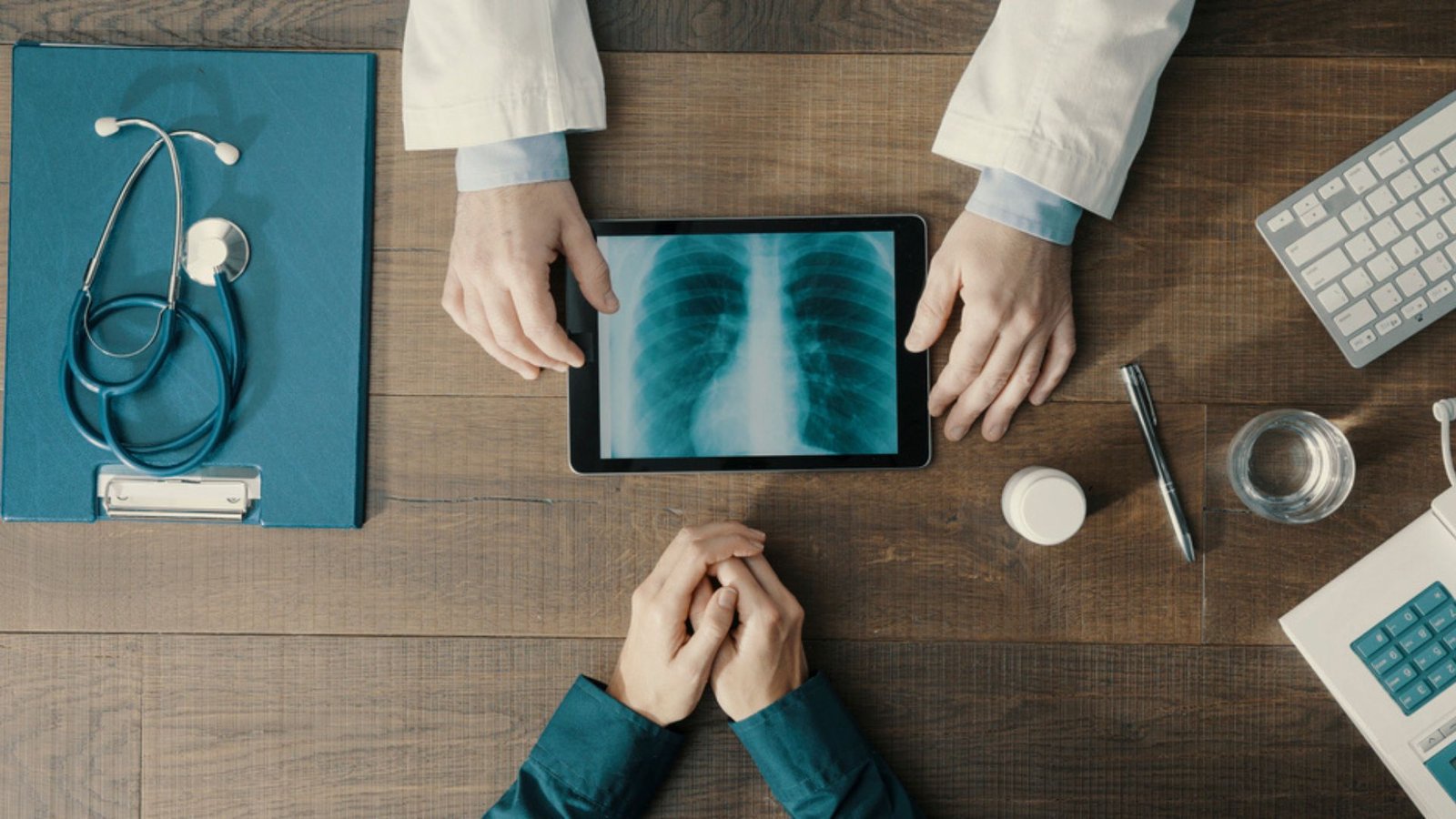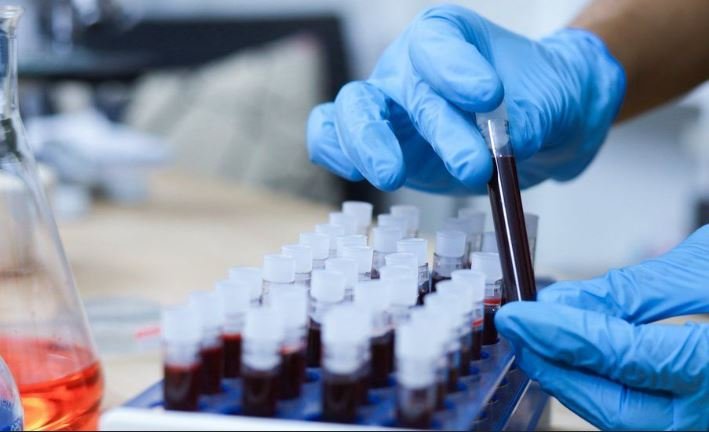Maintaining a balanced diet during cancer treatment can significantly impact your overall health and well-being. Proper nutrition not only supports your body’s ability to heal but also helps manage the side effects of treatment. In this article, we will explore essential dietary tips to help you stay strong and healthy throughout your cancer journey.

Focus on Nutrient-Dense Foods
To begin with, it is crucial to prioritize nutrient-dense foods in your diet. These foods provide essential vitamins, minerals, and antioxidants that your body needs to fight cancer and recover from treatment. Incorporate a variety of colorful fruits and vegetables, whole grains, lean proteins, and healthy fats into your meals. Foods like berries, leafy greens, quinoa, and salmon are particularly rich in nutrients and can boost your immune system.
Stay Hydrated
Moreover, staying hydrated is vital during cancer treatment. Chemotherapy, radiation, and other therapies can lead to dehydration, making it essential to drink plenty of fluids. Water should be your primary source of hydration, but you can also include herbal teas, broths, and hydrating fruits like watermelon and cucumbers. Adequate hydration helps flush out toxins, improves digestion, and keeps your energy levels up.
Manage Side Effects with Smart Food Choices
Additionally, smart food choices can help you manage the side effects of cancer treatment. For example, if you experience nausea, try eating small, frequent meals and opt for bland, easy-to-digest foods like crackers, toast, and bananas. On the other hand, if you suffer from a loss of appetite, focus on nutrient-dense, high-calorie foods such as nuts, avocados, and smoothies to ensure you get enough nutrients even in smaller portions.
Incorporate Protein-Rich Foods
Furthermore, incorporating protein-rich foods into your diet is essential for maintaining muscle mass and strength. Cancer treatments can lead to muscle wasting, so consuming enough protein is critical. Lean meats, poultry, fish, eggs, beans, and legumes are excellent sources of protein. Additionally, Greek yogurt, cottage cheese, and protein shakes can be beneficial if you struggle to eat large portions.
Limit Processed and Sugary Foods
In addition, limiting processed and sugary foods is important for maintaining overall health during cancer treatment. Processed foods often contain unhealthy fats, sugars, and additives that can weaken your immune system and contribute to inflammation. Instead, focus on whole, unprocessed foods that nourish your body. Reducing sugar intake can also help manage weight and reduce the risk of other health issues.
Monitor Your Weight
Furthermore, monitoring your weight is essential during cancer treatment. Unintentional weight loss or gain can occur due to changes in appetite, metabolism, or treatment side effects. Regularly tracking your weight allows you to adjust your diet accordingly. If you notice significant weight changes, consult your healthcare provider or a registered dietitian to tailor your nutrition plan to your needs.
Consider Small, Frequent Meals
Moreover, consider eating small, frequent meals throughout the day rather than sticking to three large meals. This approach can help manage appetite fluctuations and ensure you get the necessary nutrients without feeling overwhelmed. Smaller meals can also prevent digestive discomfort and help maintain steady energy levels.
Include Healthy Fats
Additionally, including healthy fats in your diet can provide you with essential fatty acids that support brain function and reduce inflammation. Sources of healthy fats include olive oil, avocados, nuts, seeds, and fatty fish like salmon and mackerel. These fats also help with the absorption of fat-soluble vitamins, such as vitamins A, D, E, and K, which are important for overall health.
Pay Attention to Food Safety
Moreover, paying attention to food safety is crucial during cancer treatment, as your immune system may be compromised. Always wash fruits and vegetables thoroughly, cook meats to the appropriate temperature, and avoid raw or undercooked foods like sushi or rare steak. Taking these precautions reduces the risk of foodborne illnesses that could complicate your treatment.
Seek Professional Guidance
Finally, seeking professional guidance from a registered dietitian or nutritionist can help you create a personalized nutrition plan that meets your specific needs during cancer treatment. A dietitian can provide expert advice on managing side effects, maintaining a healthy weight, and ensuring you get all the necessary nutrients. By following a tailored plan, you can enhance your overall well-being and support your body’s healing process.
Conclusion
In conclusion, maintaining a well-balanced and nutrient-rich diet during cancer treatment is essential for supporting your body’s healing process and managing treatment side effects. By focusing on nutrient-dense foods, staying hydrated, and seeking professional guidance, you can significantly improve your overall health and well-being during your cancer journey. Taking proactive steps with your diet will empower you to face treatment with strength and resilience.




